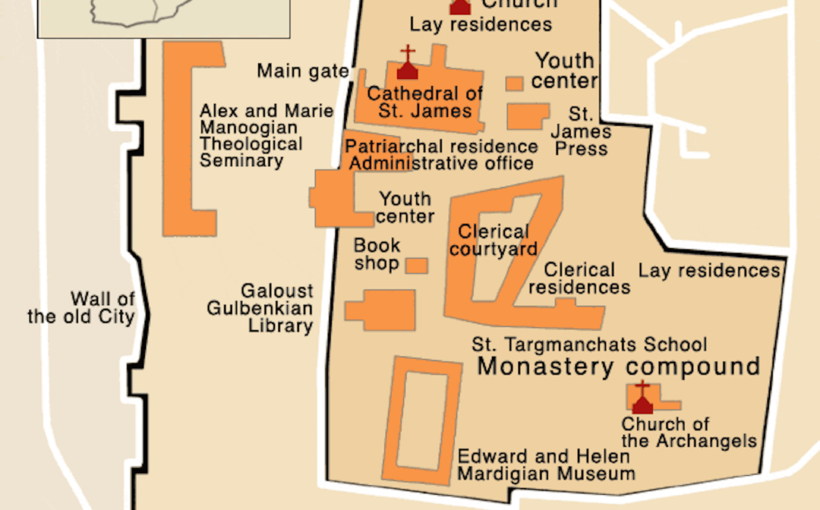Major firefights broke out along the tense frontier between Azerbaijan and Armenia overnight Saturday, with heavy shooting reported by both sides amid Western efforts to bring peace to the war-torn South Caucasus.
In a statement Saturday, the Armenian Foreign Ministry reported clashes “in many parts of the border” along with “the movement of dozens of military vehicles,” alleging that the neighboring country “has clearly pursued a provocative goal.”
However, according to Azerbaijan’s Defense Ministry, Armenian troops have opened fire on its positions more than 30 times since Friday. Azerbaijan has said recent allegations — from EU countries including France — that it could be preparing to launch a new offensive against Armenia are “baseless” and “create a tension in the region and obstruct the peace process.”
Azerbaijan has reported Armenia is building up military equipment along the border, publishing footage that purports to show unarmored transport vehicles lining up close to the frontier. The claims have been denied by Armenia but shared widely in Russian state media, while Moscow has accused the West of attempting to “drag the South Caucasus into geopolitical confrontation.” Armenia and Azerbaijan have fought several bloody wars in recent years, with Azerbaijan emerging as the victor in each of them.
On Friday, European Commission President Ursula von der Leyen and U.S. Secretary of State Antony Blinken met with Armenian Prime Minister Nikol Pashinyan, with the EU pledging more than a quarter of a billion euros to support Armenia’s economy in the face of growing regional tensions and strained relations with its traditional ally, Russia. With anger building at the Kremlin for failing to support Armenia in its standoff with Azerbaijan, the Armenian government has effectively frozen its membership in Moscow’s military alliance, sent humanitarian aid to Ukraine and even hinted it could one day apply to join the EU.
“The European Union and the United States acknowledged the substantial progress Armenia has made since 2018 on democratic and justice reforms and the fight against corruption, and expressed a commitment to continue partnering with and supporting Armenia as it further strengthens its democracy and the rule of law, in line with our shared values and principles,” a joint statement from Blinken and von der Leyen said.
Azerbaijan last weekend marked the “Day of Genocide of Azerbaijanis,” commemorating more than 100,000 Azerbaijanis who lived in Armenia prior to the fall of the Soviet Union and were expelled, with many more killed amid violence in the breakaway region of Nagorno-Karabakh in the 1990s. In September, following a year-long blockade of its supply routes, Azerbaijan conquered the unrecognized republic after three decades of de facto autonomy, sparking a mass exodus of its 100,000 Armenian inhabitants.
Ahead of the talks, Blinken told Azerbaijani President Ilham Aliyev in a call “that there is no justification for increased tension on the border and cautioned that aggressive actions and rhetoric from any side would undermine prospects for peace.”


